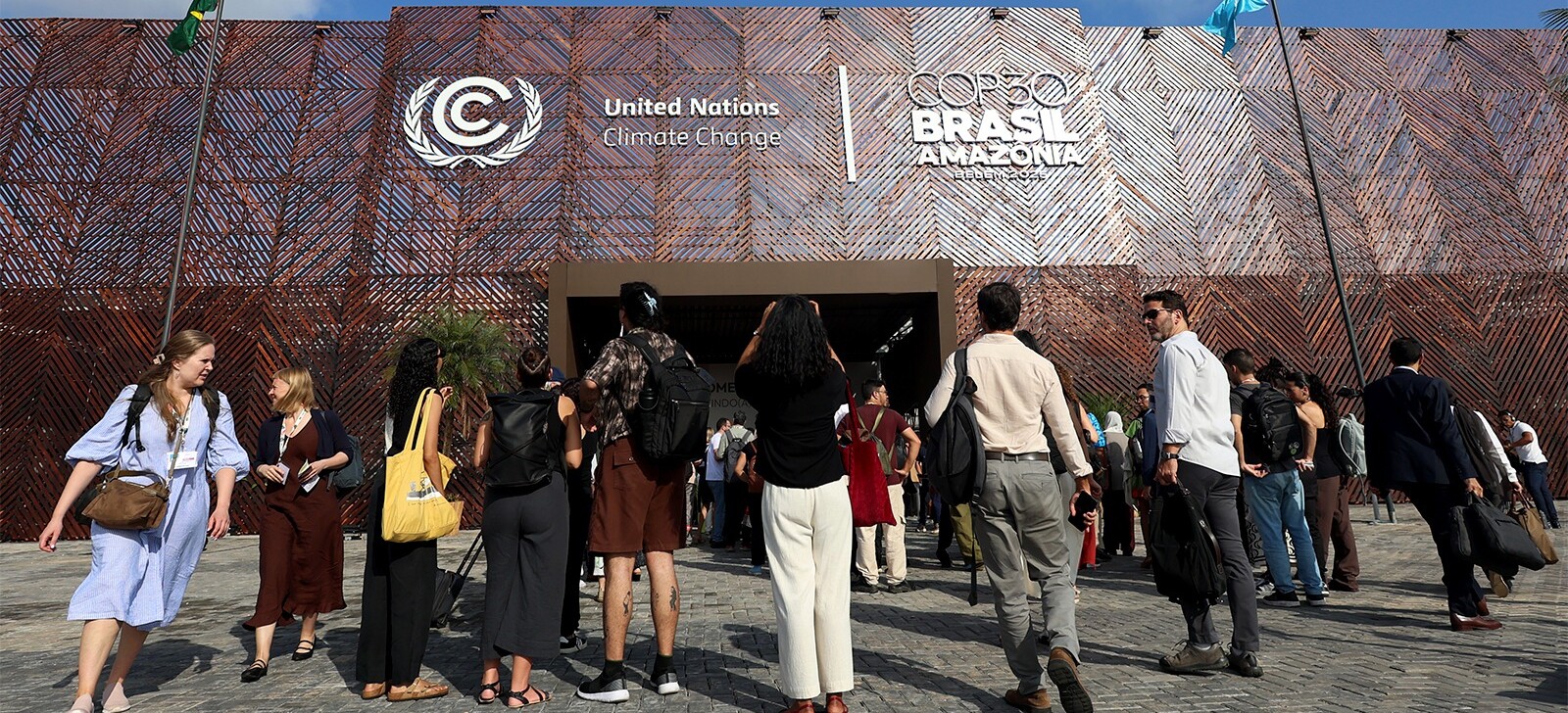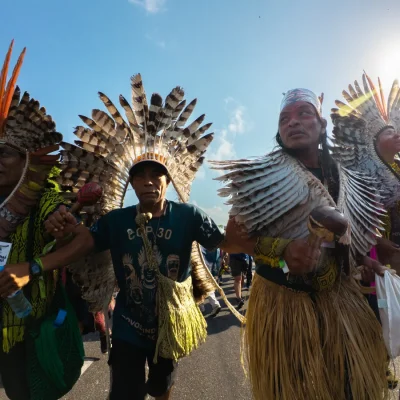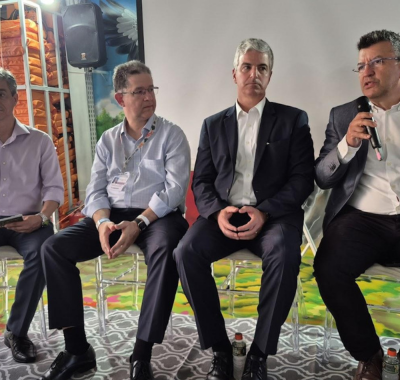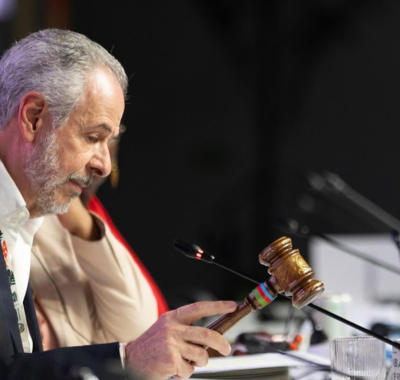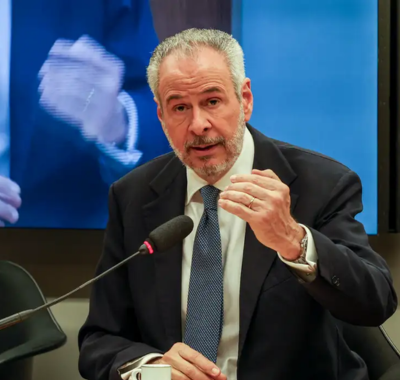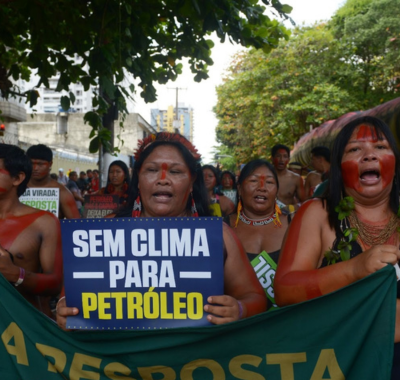One in every 25 COP30 attendees works for the oil industry
By Fred Santana – From Cenarium
Translated by Diego Lopes/Verso Tradutores
BELÉM (PA) – More than 1,602 representatives from the oil and fossil fuel industry have been accredited for the 30th United Nations Climate Change Conference (COP30) in Belém, according to the Kick Big Polluters Out (KBPO) coalition. This equates to one in every 25 participants at the event, according to the organization’s analysis.
Meanwhile, social organizations are seeking to strengthen their presence at the conference through their own venues and spaces, fighting to ensure that their participation has a real impact and is not limited to formal speeches.
According to the KBPO report, the number of lobbyists from these areas exceeds the delegation of almost all countries present, except Brazil, which sent 3,805 delegates. This massive presence is equivalent to approximately 4% of conference participants—that is, one in every 25 accredited participants represents fossil fuel interests.
Line for registration to access the COP30 facilities (Alex Ferro/COP30)
The KBPO indicates that many of these lobbyists entered through trade associations, such as the International Emissions Trading Association (IETA), which brought 60 representatives, including delegates from large companies such as ExxonMobil, BP, and TotalEnergies.
Global climate obstruction strategies
In parallel with the KBPO analysis, the book Climate Obstruction: A Global Assessment, published by Oxford University Press, describes how political and institutional climate obstruction strategies are being employed by fossil fuel industries, utilities, agribusiness, and other sectors to delay environmental policies. The study brings together more than 100 researchers and details how these networks influence regulations, multilateral negotiations, and public discourse.
In the book, trade associations are given a central role. According to the authors, these entities function as coordinated channels of influence, allowing individual companies to participate in a less visible but strategically impactful way. These organizations, they argue, contribute to shaping rules, undermining environmental regulations, and weakening global emissions reduction agreements.
In addition, the study documents the use of political lobbying, strategic litigation, disinformation campaigns, and institutional pressure. The authors argue that these practices not only delay ambitious policies but also compromise the transparency and effectiveness of climate negotiations.
Where is civil society at COP30?
While fossil fuel companies dominate the numbers, civil society has also been organized to have visible and active participation in COP30, despite facing challenges. The General Secretariat of the Presidency of Brazil released a Participation Map with more than 70 civil society venues and spaces distributed throughout Belém for the event.
Among these spaces are the “People’s COP House,” promoted by grassroots organizations, and “COP 30 Village,” organized by Indigenous Peoples and other social entities. These initiatives are part of the Green Zone, a public area of the conference dedicated to debates, cultural exhibitions, workshops, and dialogues with the population.
To ensure institutional participation, the General Secretariat organized a seminar called “Spaces for Social Participation” to present the structure and define accreditation criteria for civil society organizations. A Technical Working Group on Social Participation was also created, bringing together government, social movements, and states to reinforce the collaborative construction of the conference.
In addition, the COP 30 Committee, formed by organizations such as Mandí, Mapinguari, GuetoHub, Laboratório da Cidade, and Palmares Lab, coordinates the presence of civil society behind the scenes at COP. This committee advocates for the creation of zones (such as the “Yellow Zone”) for more integrated social proposals and the development of climate policies with territorial justice.
—
This report was produced by Revista Cenarium, through the Collaborative Socio-environmental Coverage of COP 30. Read the original report at https://revistacenarium.com.br/um-em-cada-25-credenciados-na-cop30-trabalha-para-a-industria-petrolifera/

